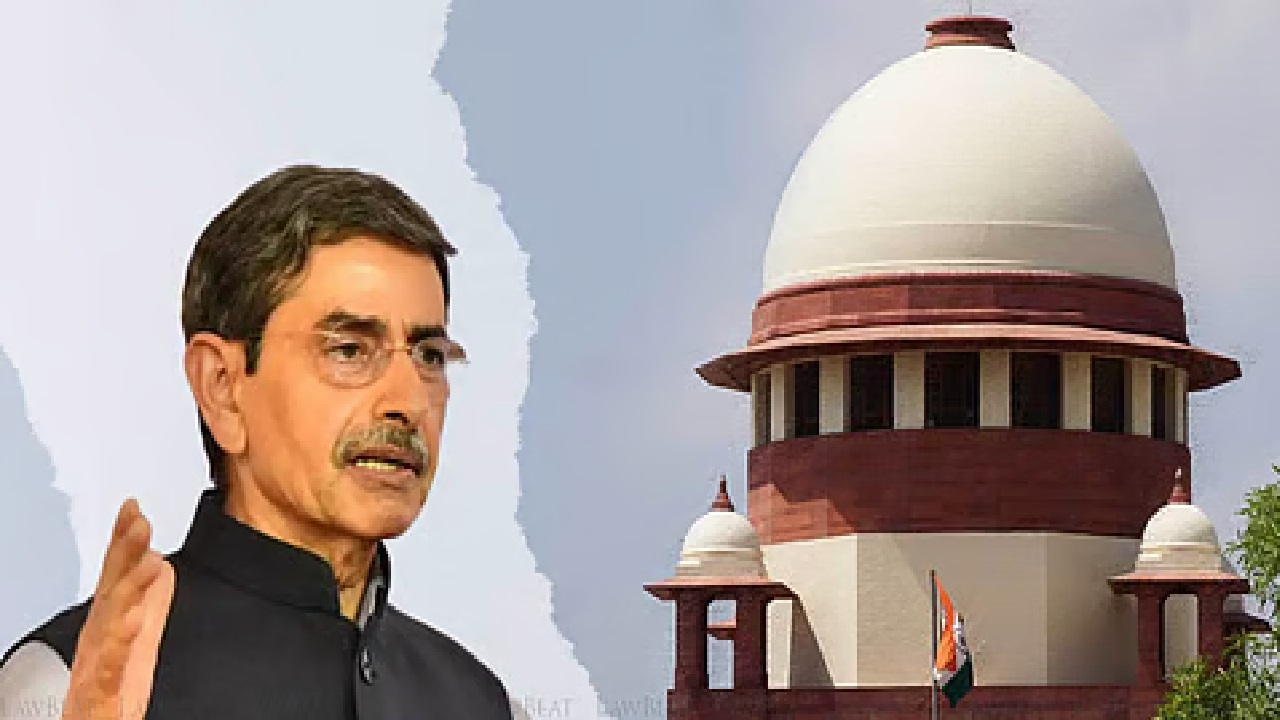The Supreme Court has decried the staggering amount of untreated solid waste accumulating in Delhi amounting to a staggering 3,800 tonnes each day.
· Terming this situation as “horrible” and a violation of citizens’ fundamental right to a pollution-free environment, the apex court has issued a stern call for urgent action.
· It observed that with ongoing development activities in Delhi and its surrounding regions, the waste generation was poised to escalate further.
· Setting a deadline for action, the court has instructed the Ministry of Housing and Urban Affairs to submit a report by July 19, detailing measures to tackle the burgeoning waste crisis.
· As the nation grapples with the urgent need to address its waste management crisis, the Supreme Court’s impassioned plea serves as a clarion call for concerted action.
In a stark revelation of Delhi’s environmental crisis, the Supreme Court has decried the staggering amount of untreated solid waste accumulating in the city and nearby areas, amounting to a staggering 3,800 tonnes each day. Terming this situation as “horrible” and a violation of citizens’ fundamental right to a pollution-free environment, the apex court has issued a stern call for urgent action.
Expressing grave concern over the alarming volume of untreated waste, the Supreme Court highlighted the dire need for immediate intervention to avert environmental catastrophe. It observed that with ongoing development activities in Delhi and its surrounding regions, the waste generation was poised to escalate further.
The apex court has directed authorities to explore various strategies to address this pressing issue, including imposing restrictions on construction activities. Furthermore, it has mandated the secretary of the Ministry of Housing and Urban Affairs to convene a meeting of all stakeholders to devise a comprehensive solution, underscoring the gravity of the situation.
In a clear warning to authorities, the bench emphasized that failure to propose concrete measures would compel the court to consider imposing drastic measures to safeguard the environment. It urged all concerned parties to prioritize the issue and work towards finding viable solutions without delay.
Setting a deadline for action, the court has instructed the Ministry of Housing and Urban Affairs to submit a report by July 19, detailing measures to tackle the burgeoning waste crisis. It highlighted the urgent need for enhanced waste management infrastructure, noting the inadequacy of existing treatment facilities.
Expressing dismay at the projected timeline for addressing the waste issue, the court criticized the prospect of allowing untreated waste to accumulate for over three years until additional facilities are operational. This, it noted, posed a severe threat to the environment and underscored the need for immediate action.
Drawing attention to the lag in waste treatment infrastructure in neighboring areas such as Gurugram and Faridabad, the court emphasized the need for coordinated efforts to address the regional waste management challenges. It highlighted the disparity between waste generation and processing capacities, urging authorities to prioritize the expansion of treatment facilities.
In a poignant reflection on the gravity of the situation, the bench questioned the repercussions of inaction, expressing concern over the worsening waste crisis in the years to come. It called upon the Centre to intervene and underscored the significance of addressing this issue on a national scale.
As the nation grapples with the urgent need to address its waste management crisis, the Supreme Court’s impassioned plea serves as a clarion call for concerted action. With environmental sustainability hanging in the balance, there is an urgent imperative to confront this challenge head-on and pave the way for a cleaner, healthier future for all.
(With inputs from agencies)








